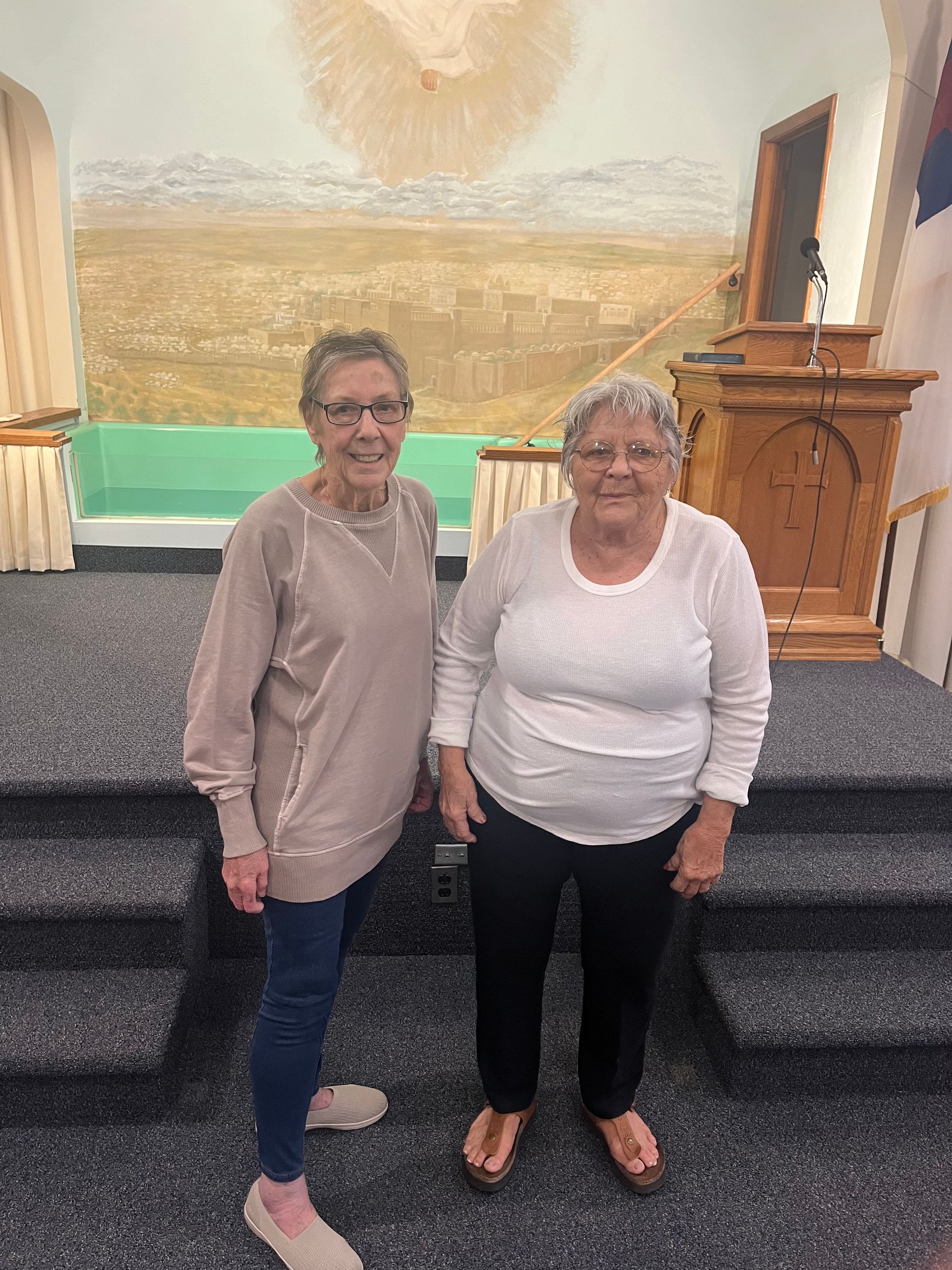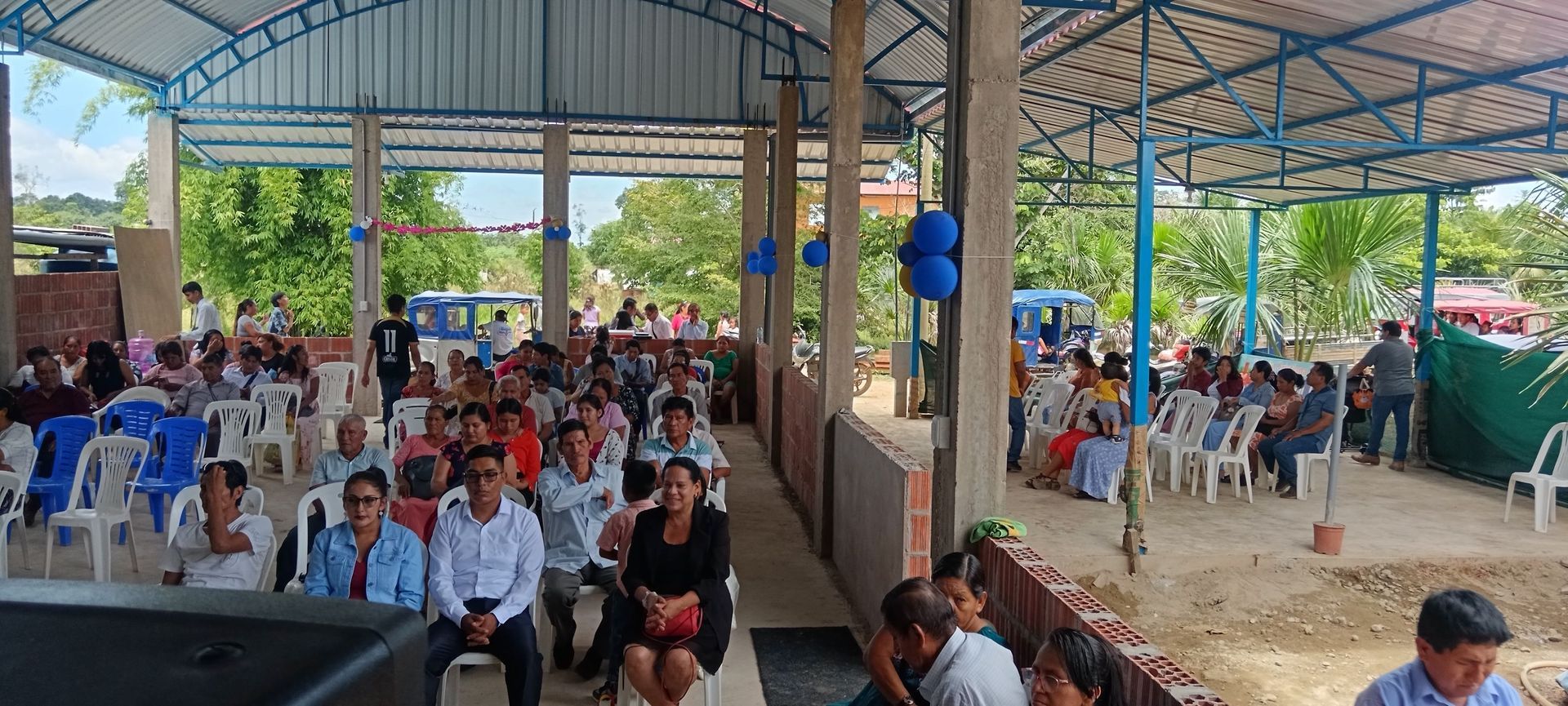Everyone!
Last month, the General Conference of the Brethren Church met in Grand Rapids, Michigan. As always, many relational, practical, and educational goals were accomplished. One long journey that ended on the floor of Conference was the affirmation of a Vision Statement for the next season of ministry for the Brethren Church as a denomination. This journey was unique in that it started and ended as a collaborative, grassroots effort. Over more than two years, the Executive Board held listening events, produced draft statements, and sought ongoing feedback. This year input from the Conference delegates was gathered through digital interactions using the Conference’s digital voting system daily. Conversation in the business meetings and this digital input was reviewed by the Executive Board each evening, finally resulting in a statement draft that was affirmed by more than 97% of the delegates who voted.
This process was neither perfect nor easy. At one point, as we discussed the use or omission of a comma. Pastor Art Carr of Smithville Brethren Church in Ohio staged a humorous mock walkout, including waving his hands over his head in faux consternation. Yes, for better or worse, we got down to the level of discussing punctuation. It took more than a little good humor and grace to reach the end. Parts were omitted that some would wish to be included, and parts were included that others would have wished omitted. I do know people voted in affirmation in a spirit of consensus that grieved over wording that was lost. Such is the Brethren journey of consensus.
Two parts, however, had almost universal support. The first was the phrase “Word and Spirit,” which describes the unique balance of the way Brethren seek divine guidance. The second was the quote taken from Revelation 7:9 “every nation, tribe, people, and language.” One delegate even suggested we could study each of those words in Greek for further insight. Fortunately, that was a rabbit trail that was not necessary to pursue at the time but it did get me thinking. We probably didn’t know all the implications of that selection of Scripture when we adopted it.
Before I look at those words in depth, there is a bigger issue we must note. This is a figure of speech common in Greek, Hebrew, and even English called a “merism” or “merismus” in Latin. Have you ever said something like, “They bought it all—lock, stock, and barrel”? The phrase “lock, stock, and barrel” originally described a complete flintlock firearm by listing three of its major components. A merism describes the entirety of something by listing some of its parts. If you do a lot of in-depth Bible study you are used to a form of merism where you describe the entirety of something by listing two of its extremities. The first merism appears in scripture in Genesis 1:1, “God created the heavens and the earth.” The point here is, “God created the heavens and the earth” (and everything in between). Maybe we would say, “God created the whole universe, everything that exists.”
But there is another form of merism that I call a long merism. Galatians 3:28 states that, “There is neither Jew nor Greek, slave nor free, male nor female, for you are all one in Christ.” Paul is not saying that these are the only distinctions made irrelevant by faith in Christ but that all distinctions are made irrelevant through our spiritual unity in Jesus. We could, with the authority of this scripture, say that there is no rich or poor, adult or child, and black or white, and so on. The figure of speech makes the list inclusive and not exclusive to the categories it lists. It is an open list and not an exhaustive list. In Christ we experience the ultimate form of dignity, purpose, and equality.
So, when we come to Revelation 7:9, we encounter four ways of breaking the human race into sub-groups—nations, tribes, peoples, and languages. In this context, we could say that these are synonyms—categories of division but with separate emphases. According Gerhard Kittel’s Theological Dictionary of the New Testament (Volume 2, page 369) each of these words have a different connotation—“nation” (Greek—ethnos) refers to a “multitude of people bound by the same manners, customs, or other distinctive features”; “tribe” (Greek—phule) is a “people as a national unity of common descent”; “people” means a “political unity with a common history and constitution”; and “language” describes a people with a “linguistic unity.” In all of it the most important word is “every” (Greek—pantos).
This figure of speech in Revelation 7:9 is not giving us an exclusive list of categories but is making a point—the Kingdom of God is inclusive and not exclusive. No matter what kinds of categories we create to divide people, God extends His invitation to everyone to come and join His Kingdom through following Jesus. From the floor of Conference last month, it was gratifying to hear some of our most conservative churches describe how they do welcome and will continue to welcome a diverse cross-section of people to join them in seeking and following Jesus. By embedding this biblical language into our most recent vision statement we renewed our commitment to the historic Brethren value of Kingdom unity and human diversity that makes the very name of our denomination the promise of a brand new spiritual family in Christ. The Brethren have once again affirmed, our Gospel is for everyone!
By Dr. Terry Hofecker
Agora Church, Columbus, Ohio










